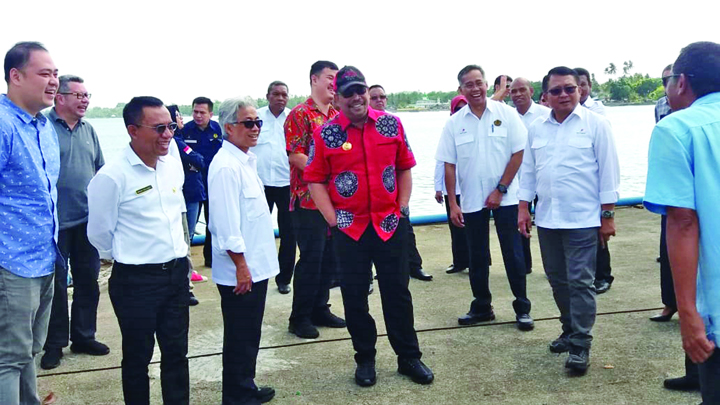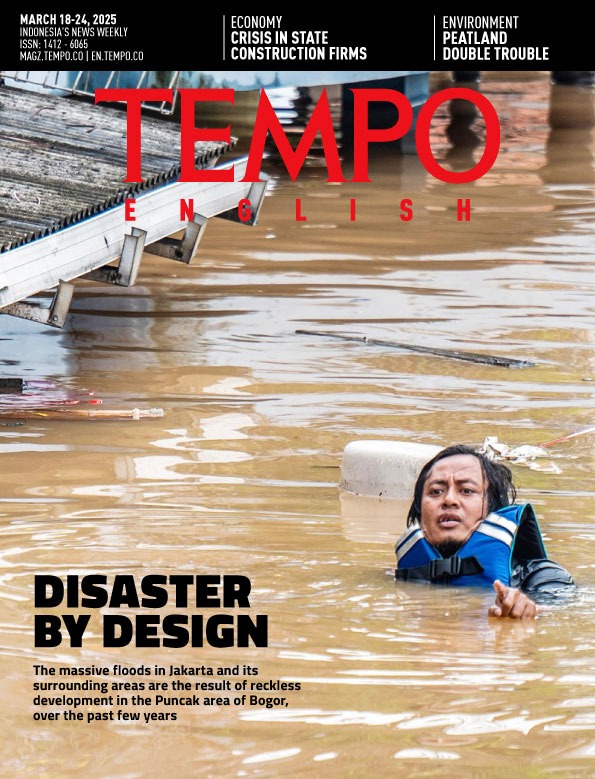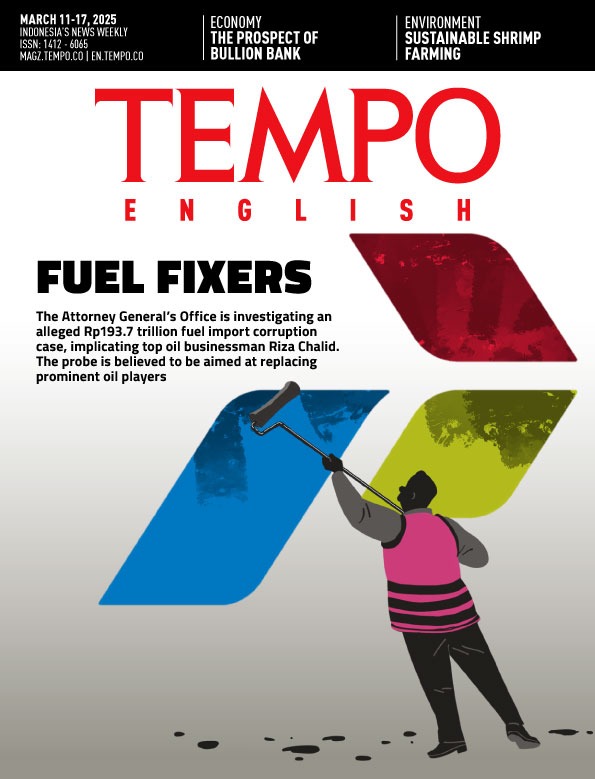Will Shell Leave Masela?
Monday, July 27, 2020
arsip tempo : 174354655850.

EXPLANATION from Dwi Soetjipto, chief of the Upstream Oil and Gas Special Regulatory Task Force (SKK Migas) bothered the host at a closed meeting on Wednesday, July 15. That afternoon, to the Oil and Gas Working Committee (Panja Migas) of House of Representatives’ (DPR) Energy Commission, Dwi said that the Masela Block partnership is one of the three main challenges faced in this giant liquid natural gas (LNG) project.
Dwi could only asce
...
Subscribe to continue reading.
We craft news with stories.
 For the benefits of subscribing to Digital Tempo, See More
For the benefits of subscribing to Digital Tempo, See More








